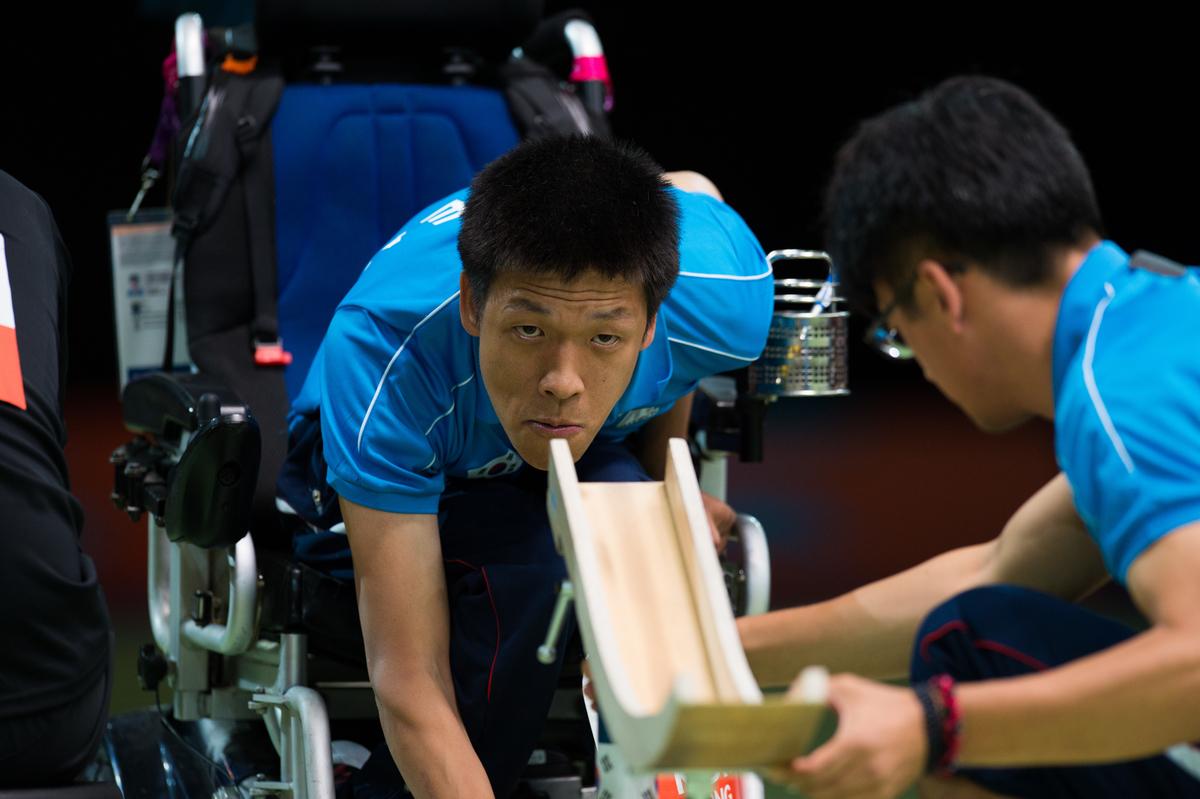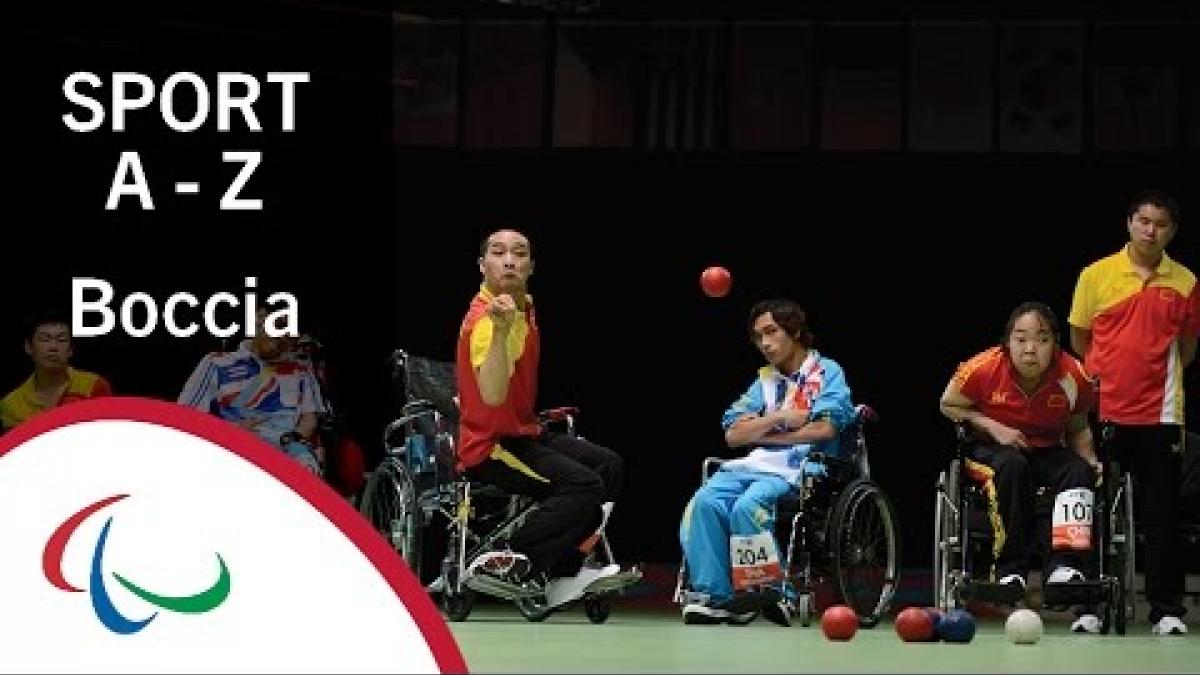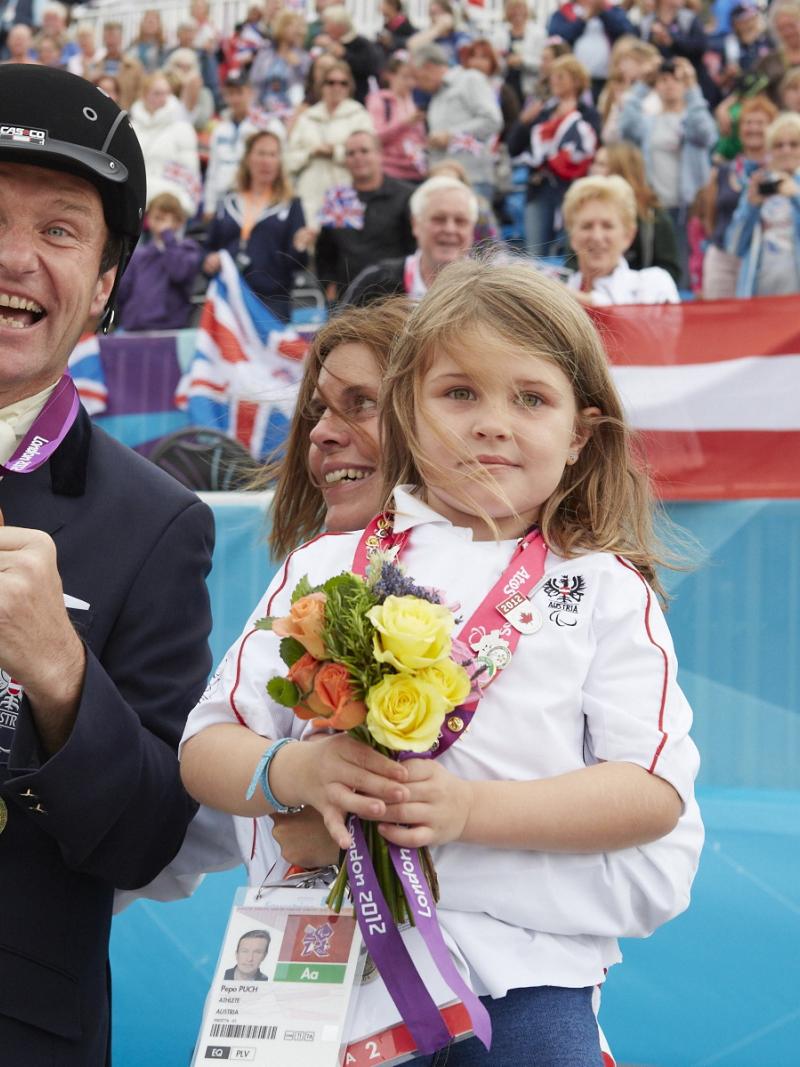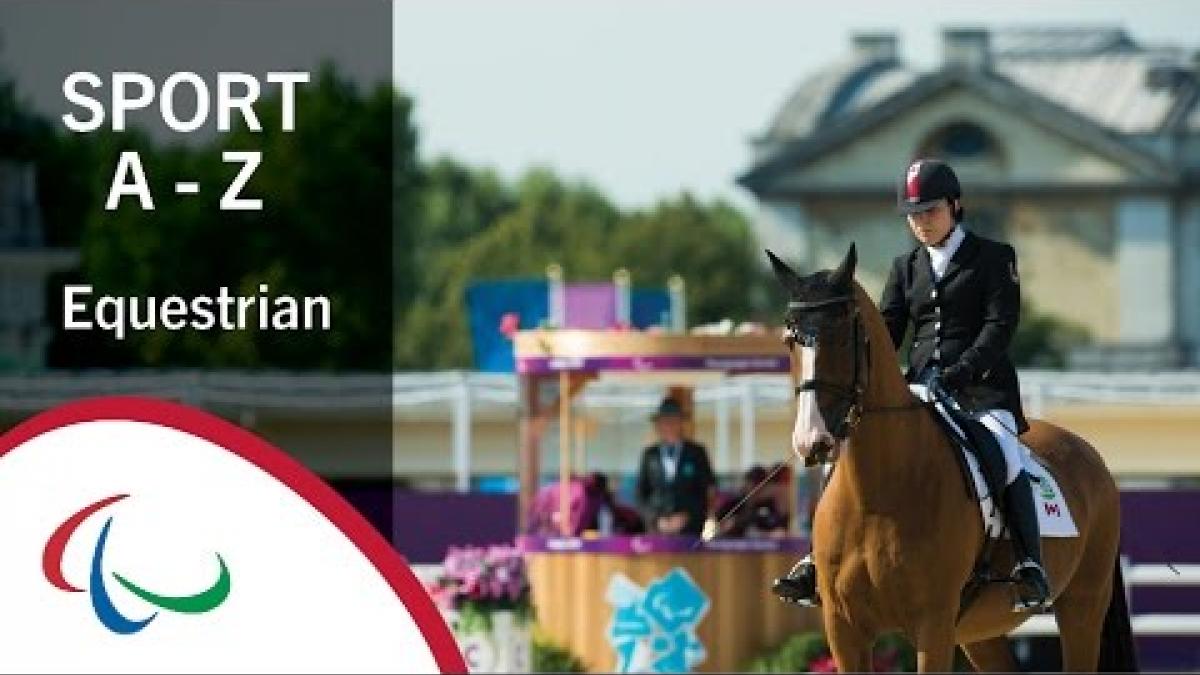Sport Week: Classification in boccia
Get to know the four sport classes that boccia athletes compete in. 29 Mar 2016
Jeong Ho-Won of South Korea competes at the London 2012 Paralympic Games.
Editor’s note: Each sport on the Rio 2016 Paralympic programme will have a dedicated week of featured content published on paralympic.org. Every week a new sport will be featured and the series will run until September’s Games, helping the public understand more about the 22 sports being contested in Rio.
Boccia consists of four sport classes: BC1, BC2, BC3 and BC4. All players compete in wheelchairs due to a loss of leg function and trunk stability, caused by a lack of muscle co-ordination and control.
BC1- Athletes in this sport class have severe activity limitations affecting their legs, arms and trunk due to co-ordination impairments. They can grasp and throw the ball and do not use assistive devices. Athletes with some leg control are allowed to propel the ball with their foot.
BC2 - Boccia players here have better trunk control and arm function than the players in the BC1 and BC3 sport class. The abilities of their arms and hands often allow them to throw the ball overhand and underhand, and with a variety of grasps.
BC3 - Athletes competing in sport class BC3 have a significantly limited function in their arms and legs, and poor or no trunk control due to cerebral or non-cerebral origins. To help them propel the ball onto the court, they use a ramp and other assistive devices to roll the ball.
BC4 - While the sport classes BC1-3 include athletes with hypertonia, athetosis or ataxia, sport class BC4 comprises athletes with impairments that have no cerebral origin. Among possible health conditions are muscular dystrophy, spinal cord injuries or amputations affecting all four limbs. Players throw the ball usually with a pendulum swing, sometimes using both hands or arms. They may use a glove to sustain their grip of the ball.
Athletes with the following impairments are eligible to compete in boccia:
Impaired muscle power
Athetosis
Impaired passive range of movement
Hypertonia
Limb deficiency
Ataxia

 Facebook
Facebook
 Instagram
Instagram
 Twitter
Twitter
 Youtube
Youtube
 TikTok
TikTok
 Newsletter Subscribe
Newsletter Subscribe





